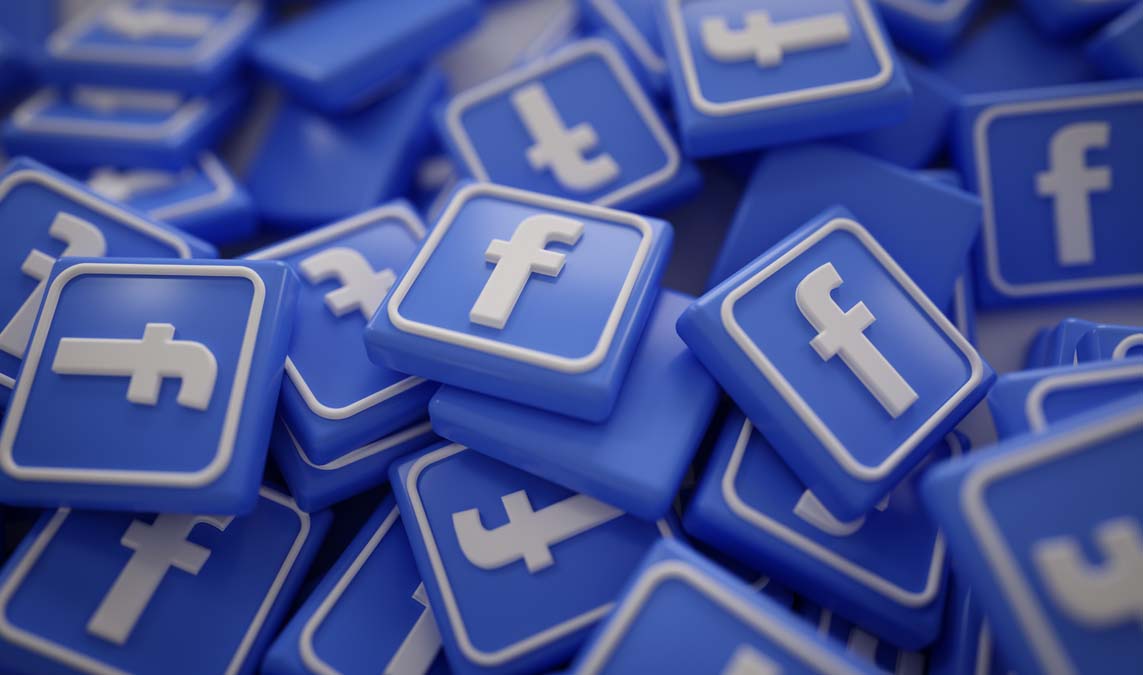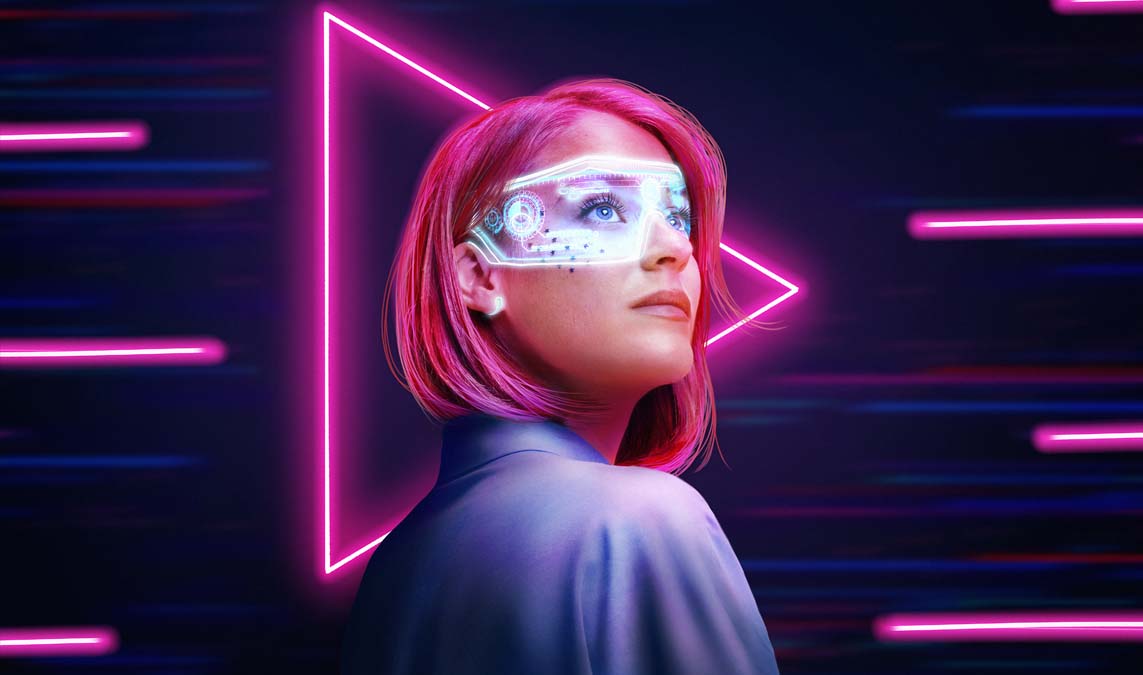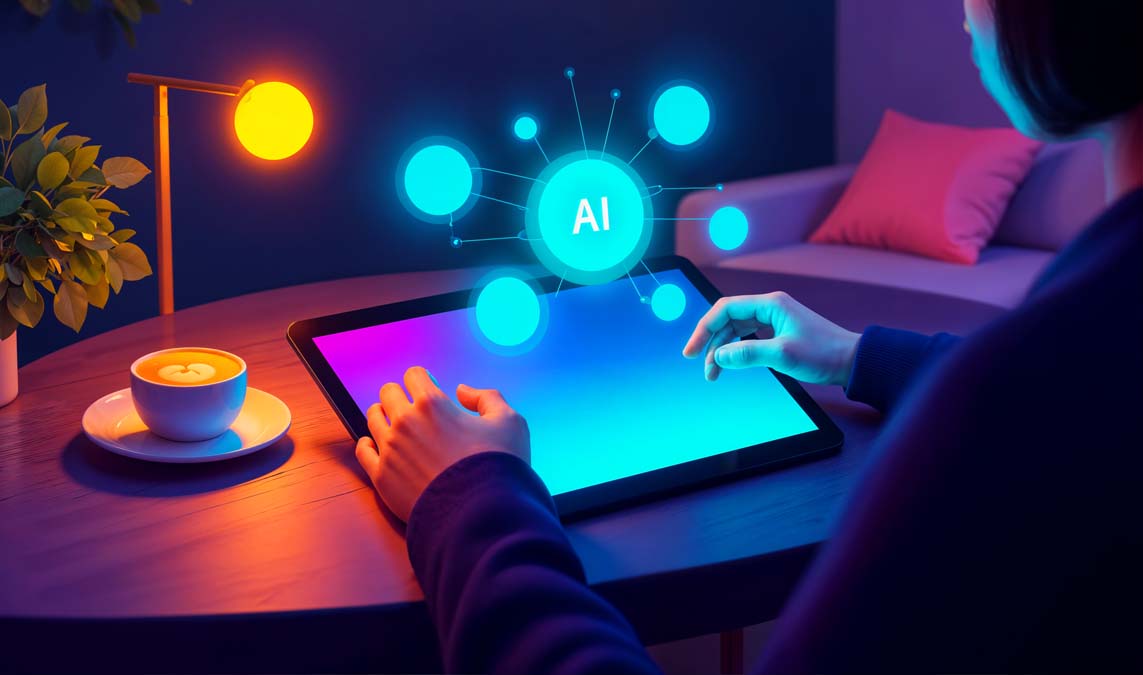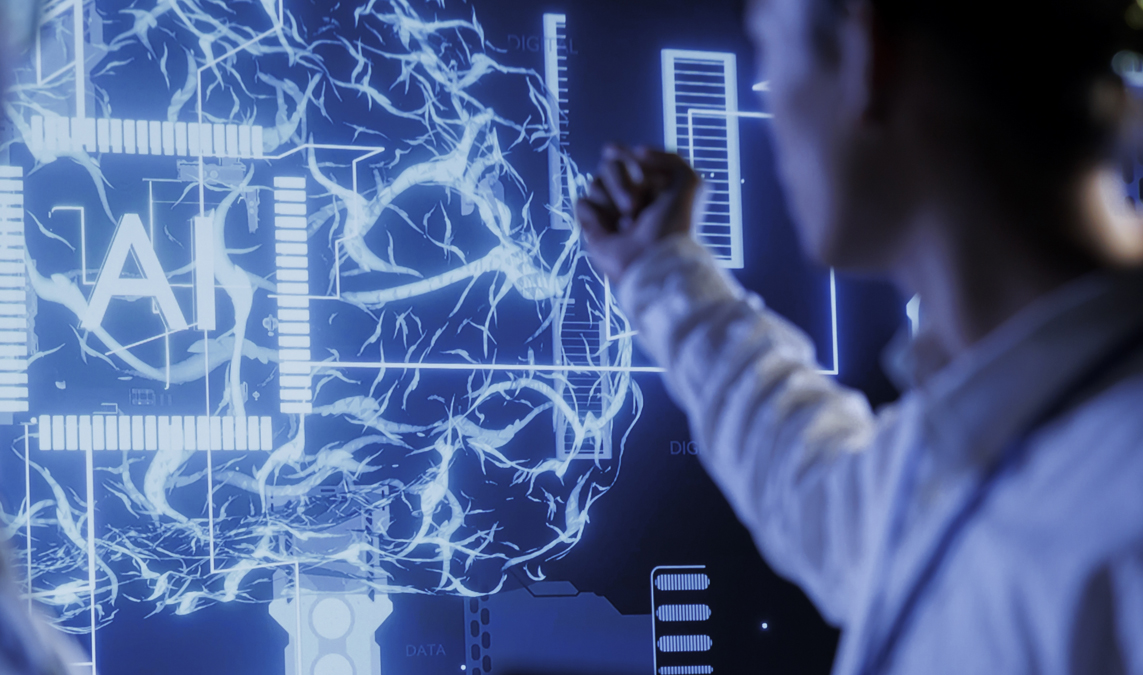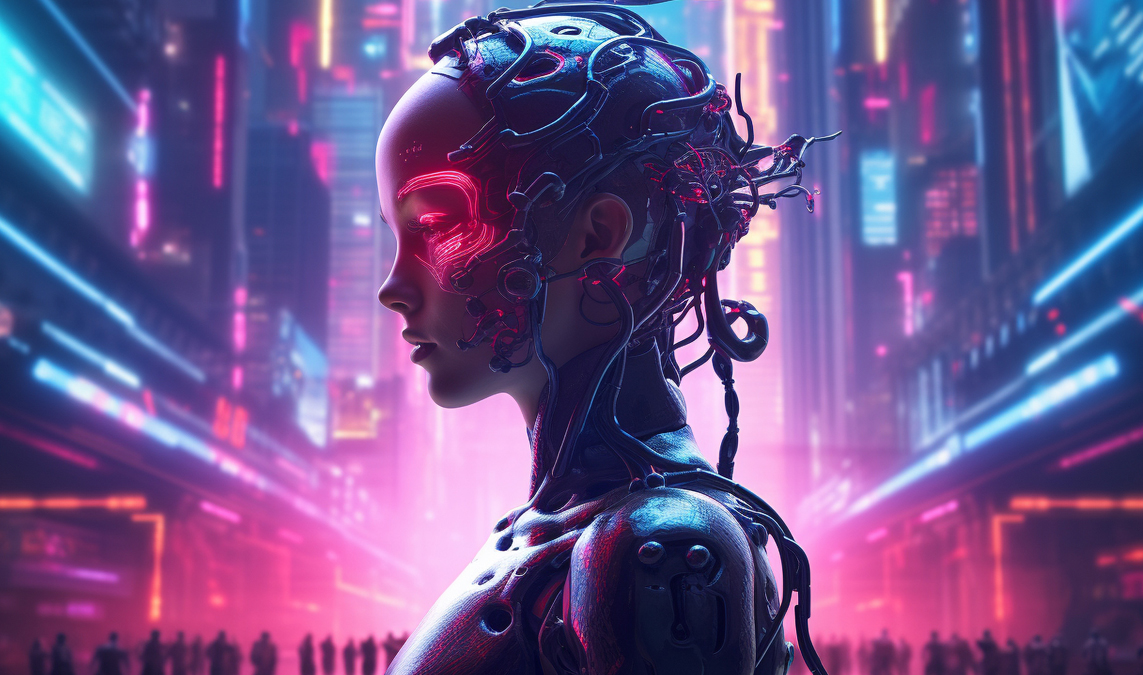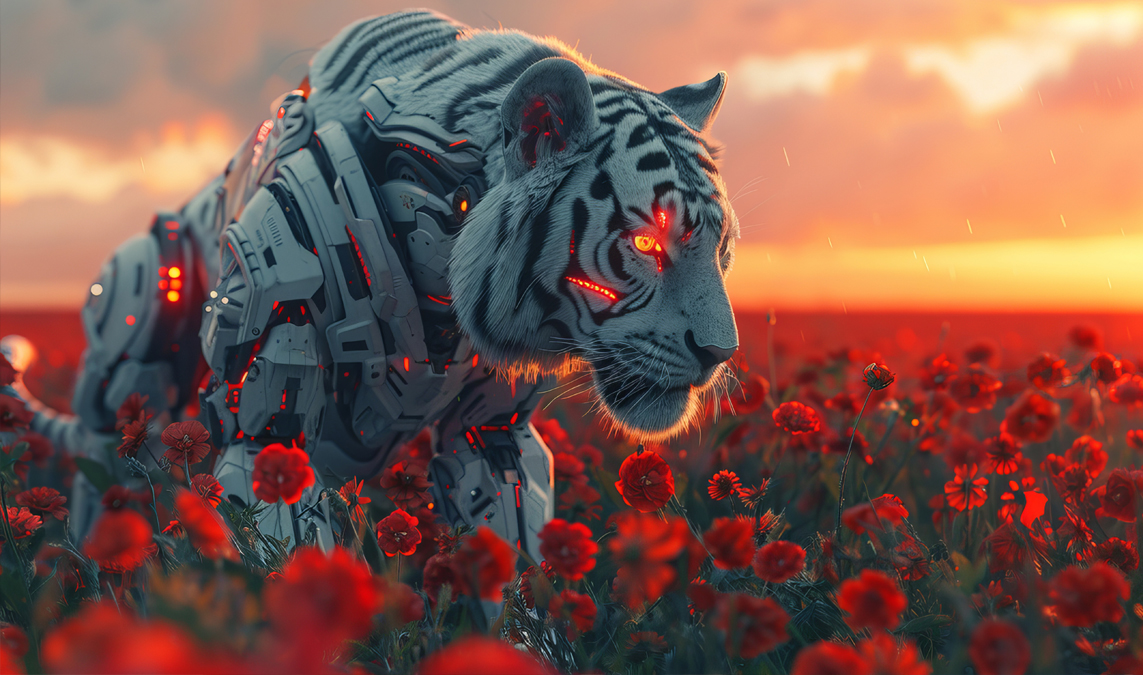In recent months, the Facebook AI photo trend has taken the internet by storm. People everywhere are updating their profile pictures with hyper-realistic, artistic, and futuristic images generated entirely by artificial intelligence. What began as a niche experiment quickly evolved into a global phenomenon, making waves across social platforms. Notably, Facebook has become the epicenter of this trend, with millions of users embracing the tech-powered glow-up.
As this trend continues to gain momentum, it’s crucial to understand how artificial intelligence is reshaping social media behavior, digital identity, and even creative expression. In this article, we will explore the technology behind the Facebook AI photo trend, why it resonates so deeply with users, and what it means for the future of social interaction online.
What Is the Facebook AI Photo Trend?
The Facebook AI photo trend refers to the surge in popularity of AI-generated profile photos created using tools like Lensa, Remini, or Meta’s own AI photo editing features. These tools use deep learning models to analyze and enhance user-uploaded images, transforming them into professional-looking portraits or stylized avatars that mimic art, fantasy, or futuristic aesthetics.
Typically, users upload a few selfies and select a style they like. The AI then processes the images and generates unique portraits within minutes. Once created, these AI-enhanced photos are shared on Facebook timelines and profile pages, often accompanied by hashtags such as #AIFilter, #AIProfilePic, or #MetaMagic.
Why Has It Gone Viral?
Several factors contribute to the viral nature of the Facebook AI photo trend. First, people are naturally drawn to visually appealing images, especially those that make them look better, younger, or more artistic. AI tools give users the power to recreate themselves in creative ways—something that feels both empowering and fun.
Secondly, these images are shareable. On a platform like Facebook, where users constantly engage with visual content, AI-generated images stand out in news feeds, drawing attention and encouraging likes, comments, and shares.
Furthermore, influencers and celebrities have adopted the trend, sparking a domino effect across global regions. This widespread adoption has turned the trend into a form of digital status and personal branding.
The Role of Artificial Intelligence
At the heart of the Facebook AI photo trend is artificial intelligence. AI models like Stable Diffusion and GANs (Generative Adversarial Networks) are capable of learning complex visual patterns and styles. These models use vast datasets of human faces, artwork, and photo enhancements to generate realistic or fantastical outputs.
What makes these tools so compelling is their ability to transform ordinary selfies into pieces that mimic professional photography or fantasy illustration. Additionally, machine learning enables continual improvement of these models, which means the outputs become more precise and artistic over time.
Impact on Digital Identity
The widespread use of AI-generated profile pictures signals a shift in how people represent themselves online. Traditionally, profile images have been raw, authentic reflections of users. But now, users are opting for idealized or stylized versions of themselves. While this offers creative freedom, it also raises questions about authenticity and digital self-image.
Moreover, there’s growing discussion about whether these AI-enhanced avatars influence how others perceive us. For instance, users may feel pressure to look like their AI-generated versions, which are often more polished than reality. Therefore, while the Facebook AI photo trend is exciting, it also opens up conversations around digital self-esteem and social expectations.
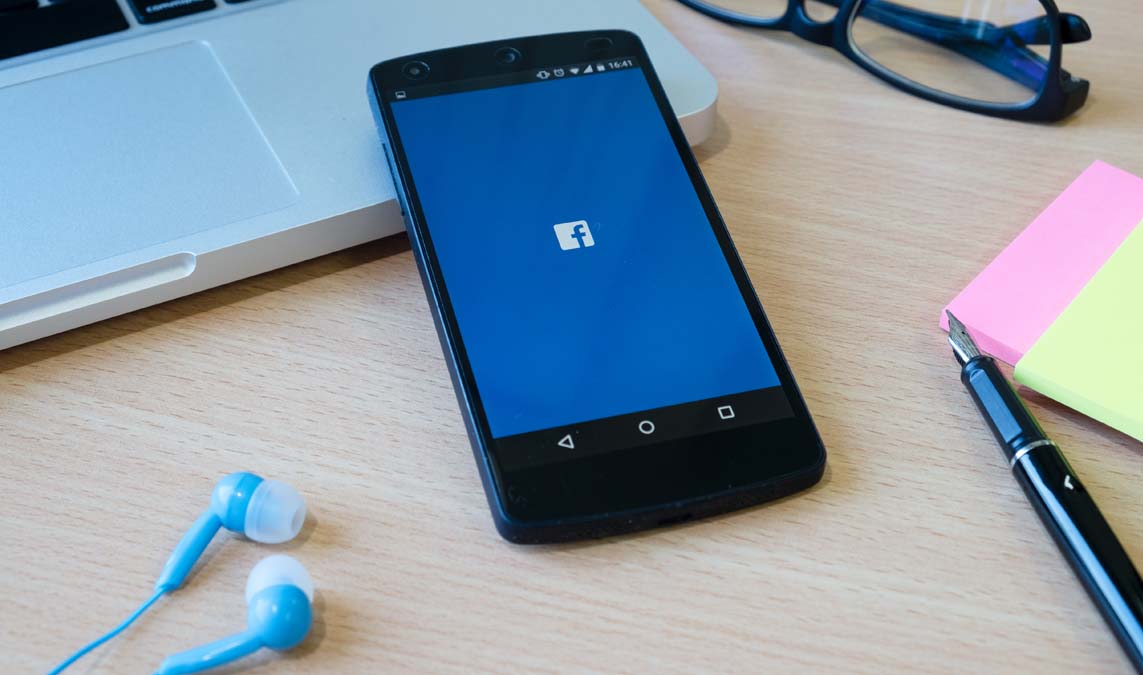
Cultural and Global Reach
This trend is not limited to one demographic or region—it has gone global. In countries like the United States, India, Brazil, and the Philippines, millions of Facebook users are embracing AI photo apps. The universality of Facebook as a platform plays a major role in spreading this trend across borders.
Different cultures are also interpreting the trend in unique ways. Some use AI to showcase traditional attire in modern styles, while others mix pop culture references with fantasy elements. This cross-cultural creative exchange adds a new dimension to the Facebook AI photo trend, uniting diverse communities through shared innovation.
Ethical Considerations and AI Bias
Despite its appeal, the trend raises valid concerns about privacy, consent, and algorithmic bias. Many users don’t realize that uploading their photos to AI apps often involves granting access to facial data. How companies store, use, or share this data isn’t always transparent.
Additionally, there have been reports of bias in AI photo outputs. For example, certain skin tones or facial features might be altered in ways that reinforce Western beauty standards. As the trend grows, it’s crucial that developers create more inclusive datasets and provide ethical guidelines to protect user rights.
How Facebook Is Reacting
Meta, Facebook’s parent company, has recognized the popularity of AI-powered content and is actively investing in AI development. Although Meta hasn’t launched a dedicated AI profile pic app yet, its integration of AI filters and generative tools into Messenger and Instagram Reels shows that the company is moving in that direction.
If Meta creates its own AI photo feature, it could seamlessly integrate it into the Facebook interface—allowing users to generate and post AI-enhanced photos without ever leaving the app. This would not only enhance engagement but also allow Meta to retain users within its ecosystem.
The Future of AI Photos on Facebook
Looking ahead, the Facebook AI photo trend is only the beginning of a broader evolution in social media. As AI technology becomes more powerful and accessible, we can expect the line between real and artificial images to blur even more.
Virtual reality (VR), augmented reality (AR), and AI will likely converge to create fully interactive digital identities. Imagine scrolling through a Facebook feed where users present themselves not just in AI portraits but also in animated, talking avatars powered by their voice and likeness. This future, while exciting, will demand new standards for transparency, ethics, and digital citizenship.
Conclusion
The Facebook AI photo trend represents more than just a fun digital fad—it’s a glimpse into the future of identity, creativity, and community on social media. While it offers exciting possibilities, it also comes with ethical and social considerations that must not be overlooked.
As users, developers, and platforms like Facebook continue to explore the capabilities of AI, it’s important to foster global inclusion, ensure data protection, and promote responsible innovation. Ultimately, the trend has the power not only to transform photos—but also to unite diverse cultures in a shared, creative digital journey.

